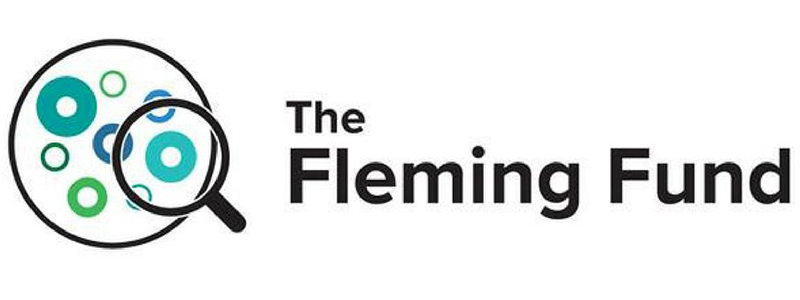
Burnet Institute has welcomed the announcement of £210 million of new funding from the UK Government to support the Fleming Fund’s activities to tackle anti-microbial resistance (AMR) across Asia and Africa over the next three years.
The funding will bolster the surveillance capacity in up to 25 countries where the threat and burden of AMR is highest – including Indonesia, Ghana, Kenya, and Papua New Guinea.
The investment provides for new genome sequencing technology and will support 20,000 training sessions for laboratory staff, pharmacists and hospital staff, and over 200 Fleming Fund scholarships to boost expertise in microbiology, AMR policy and One Health – which recognises the connection between humans, animals and the environment.
Burnet is leading the implementation of Phase One of the Fleming Fund’s Country Grant in Papua New Guinea in collaboration with partners from Australia and in-country to renovate national laboratories and strengthen the local AMR data surveillance system.
Program Director, Professor Robert Power AM said Burnet staff will be meeting with the Fleming Fund’s Management Agent, Mott MacDonald, in Port Moresby this week to develop a Country Investment Strategy.
“This will inform the terms of reference for Phase Two of the PNG response that will add aquaculture, the environment and gender equity to our existing focus on animal and human health,” Professor Power said.
“The scale of the new funding for Phase Two and its reach means we can maintain the momentum achieved over the three years of Phase One.
“Burnet is proud to be part of this important worldwide international health initiative which exemplifies our mantra of reaching to the many.“
Untreatable infections caused by AMR are growing every day with bacteria having evolved to the point where antimicrobials and other current treatments are no longer effective.
AMR has been declared a top ten global public health threat by the World Health Organization, responsible for the deaths of 1.27 million people globally each year, with one in five of those deaths in children aged under five.
UK Health Secretary Steve Barclay said the Fleming Fund would continue to create real impact to tackle AMR and build pandemic preparedness on the ground across the world, using data to drive action and catalyse investment.
“This world-leading investment in AMR laboratories, workforce and systems is a vital contribution to realise our vision of a world free of drug-resistant infection,” he said.
Amongst Burnet’s key collaborators in Papua New Guinea are the National Department of Health, the Department of Agriculture and Livestock, the National Agriculture and Quarantine Inspection Authority, and the Conservation and Environment Protection Authority.
